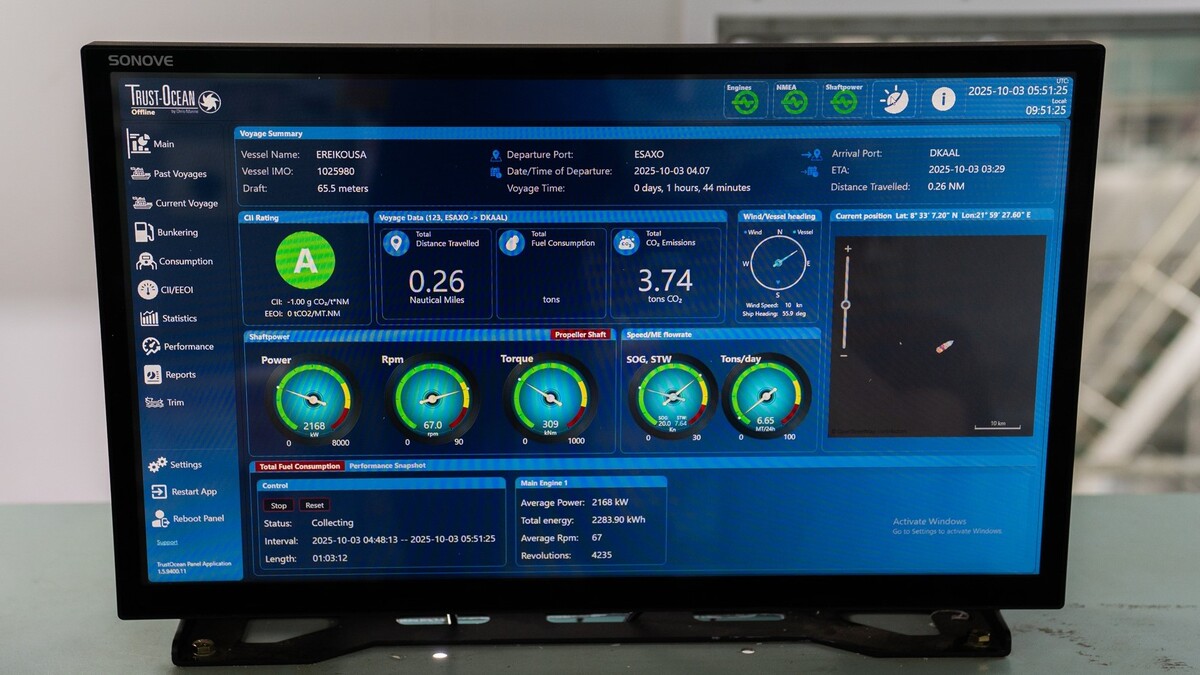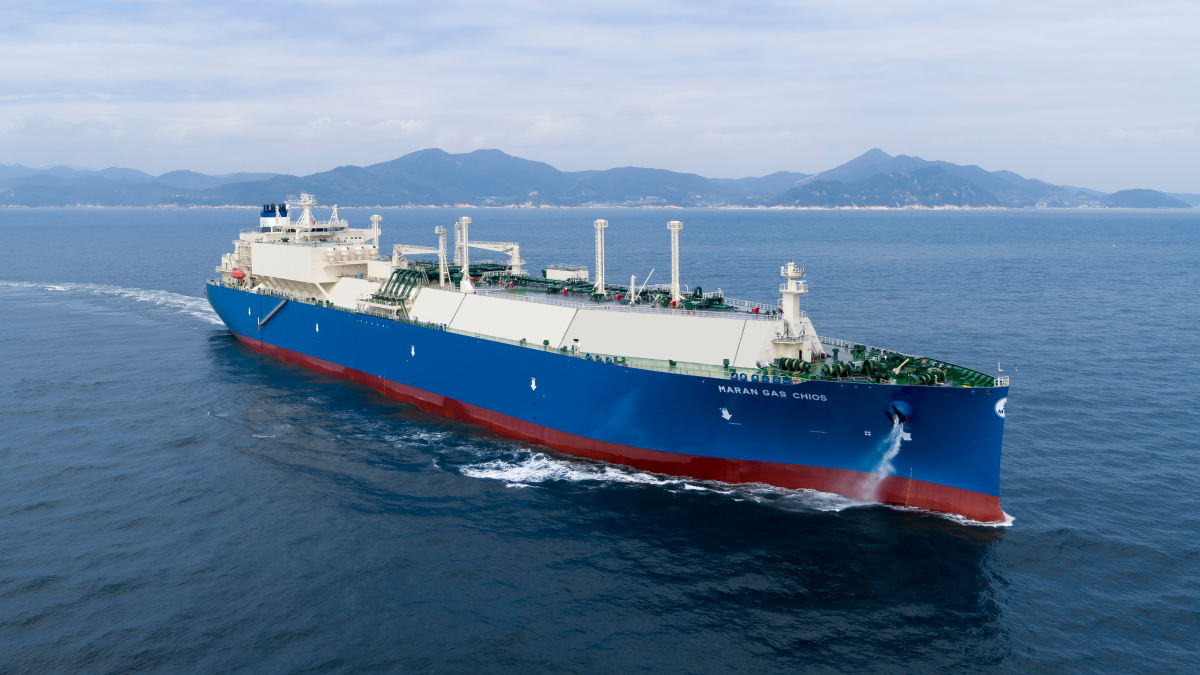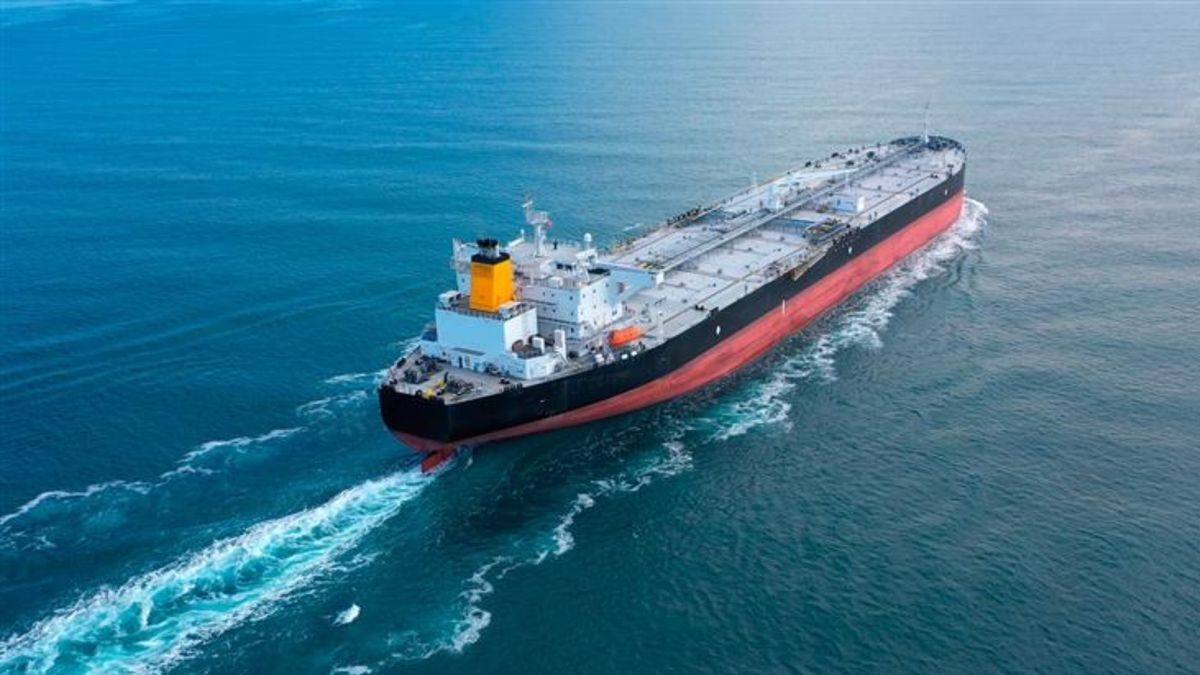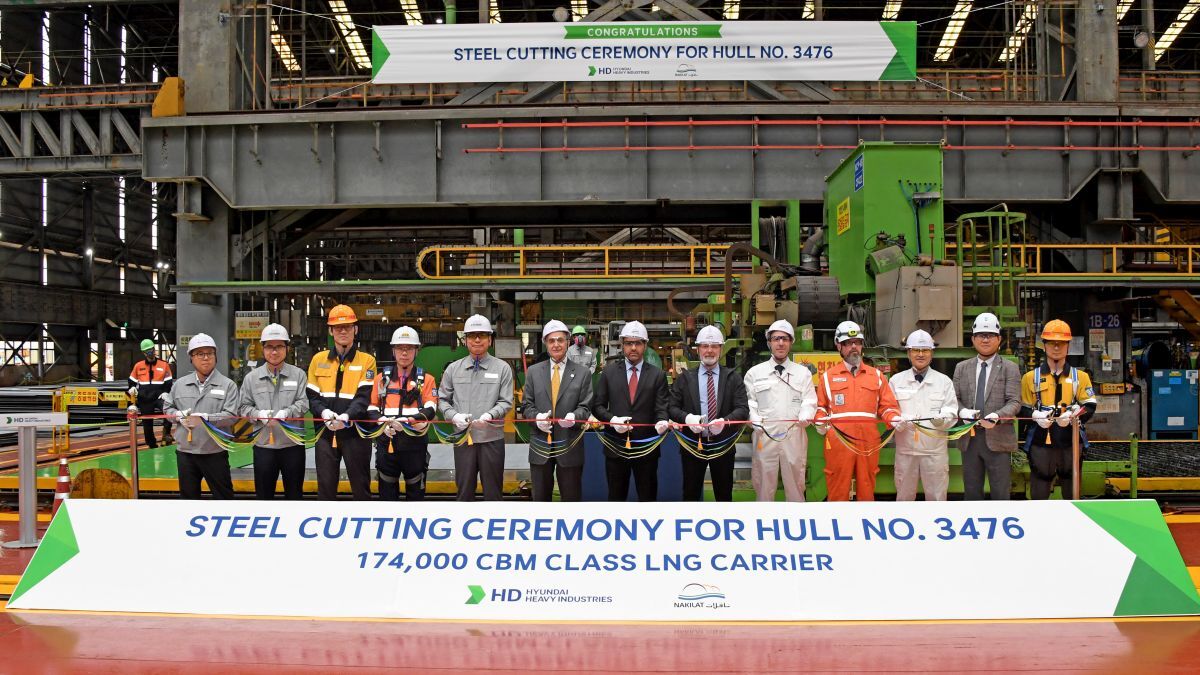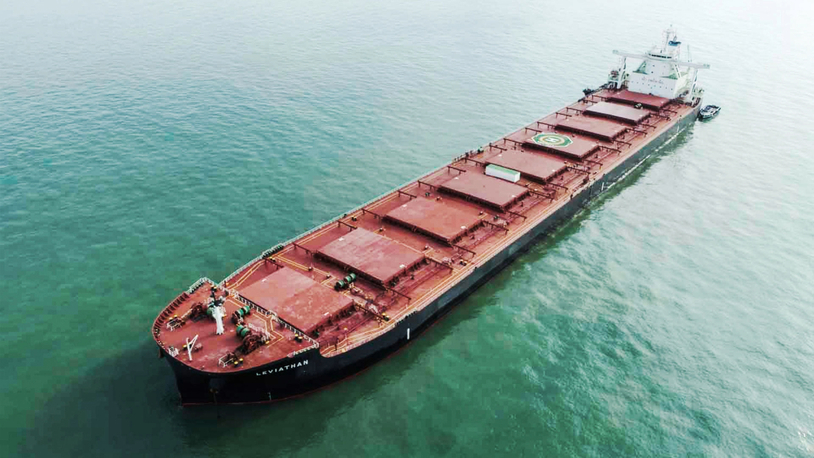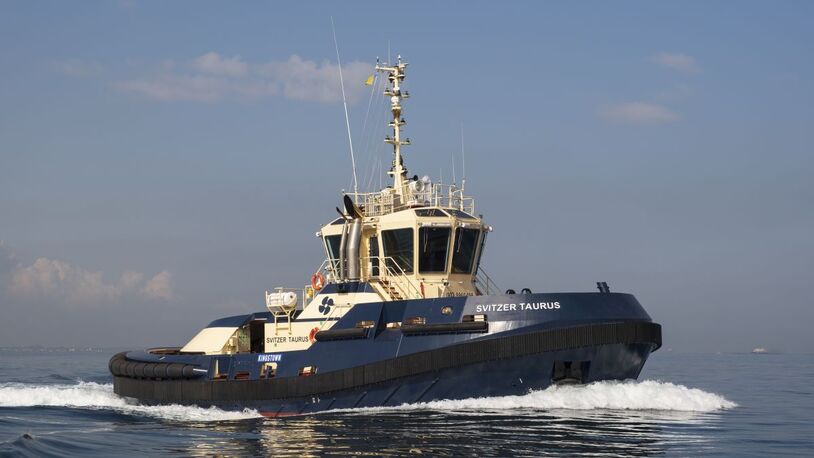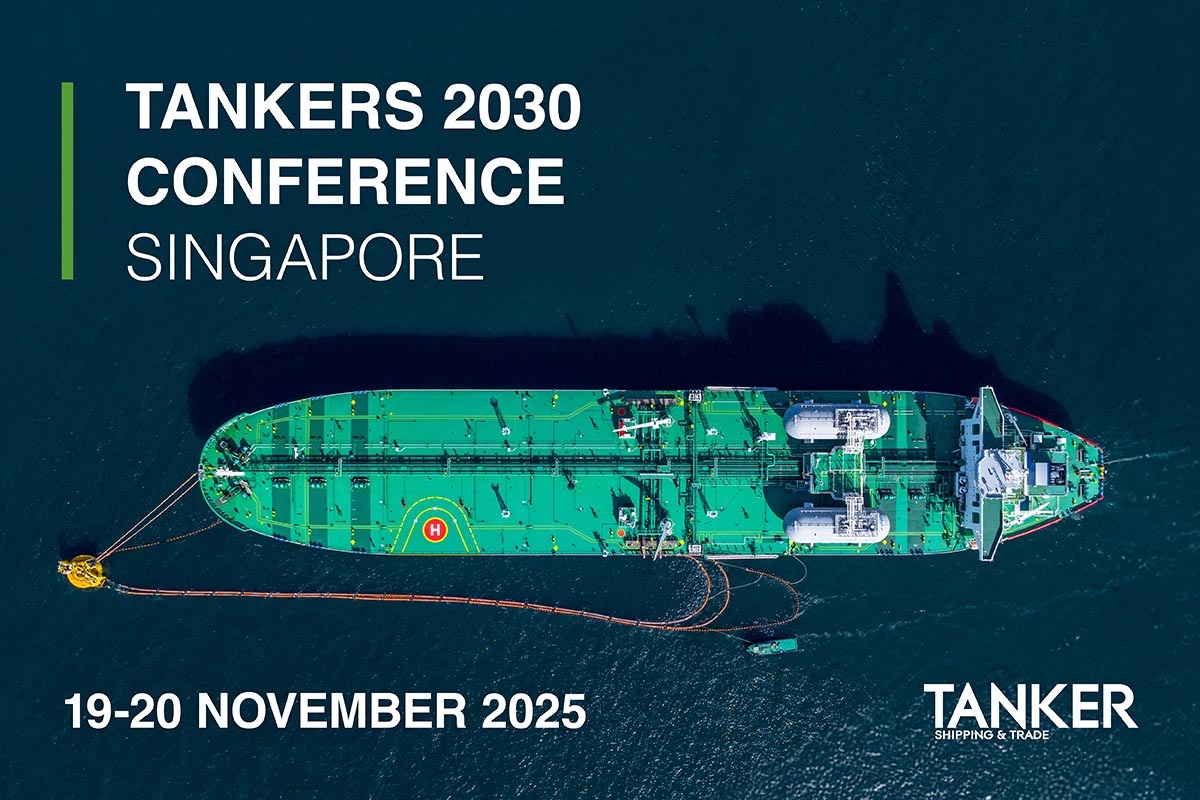Business Sectors
Events
Ship Recycling Webinar Week
Contents
UK to invest £1Bn in public-private partnership on ports and decarbonisation
Funding includes £700M (US$949M) of private investment for major UK ports and £448M of public investment to reduce emissions from UK shipping
The UK has won commitments from major port operators to invest in the country’s port operations as the government has promised around US$500M in funding for its decarbonisation-focused SHORE programme.
The UK SHORE programme supports the research and development of new clean maritime technologies and fuels including electric, hydrogen, ammonia, methanol and wind power projects. Previous projects have included electric chargepoints at UK ports for vessels and production of hydrogen from recycled waste water for use in electricity generation.
The UK government said UK SHORE funding has delivered £240M to over 200 projects across the country, "some of which are now in active use". The government said, "The new funding will be allocated to projects in due course".
According to the UK government, previous maritime decarbonisation funding has delivered more than £110M in direct private investment.
"This enables the UK to continue charting a course to carbon-free shipping by 2050, whilst supporting skilled green jobs, breaking down barriers to opportunity for workers across the country," a statement on the initiative said.
On the private funding side of the grouped investment initiative, Peel Ports has committed £300M for its Liverpool, Hunterston and Great Yarmouth ports and NatPower Marine has promised £250M for shoreside power, with the Port of Tyne’s £150M North Side development site also factored in. The Port of Tyne development is expected to create up to 12,000 jobs in offshore wind and manufacturing, the government said.
The UK government has also promised it will complete a revised National Policy Statement, covering England and Milford Haven in Wales, "to help ports save time and money on planning applications to expand sites, opening up jobs and opportunities in coastal communities".
"Proposals aim to streamline the planning process for ports in England and expedite planning applications by more clearly outlining the needs for port facilities and how to design applications to avoid process delays," the government said.
The government said it is also launching the UK Cruise Growth Plan to target private investment in ports and coastal communities.
UK remains competitive in maritime world
News of the investments in the UK’s maritime econonmy came alongside a new report by the Centre for Economics and Business Research and the UK Chamber of Shipping, touting the UK’s position as "one of the world’s most competitive maritime nations".
The report introduces a Shipping Competitiveness Index in which the UK ranks fifth among 44 maritime nations, globally, with strengths in regulation and governance, capital markets, export and trade markets and seafarer workforce.
"The UK’s strong placement is underpinned by a strong regulatory environment with transparent regulation and low barriers to entry, deep capital markets, as well as a strong maritime services sector," Cebr head of economic advisory Owen Good said. "To consolidate the UK’s global standing and futureproof the sector amid growing competition and transition pressures, targeted reforms will be needed to address challenges such as infrastructure gaps, workforce renewal and maritime decarbonisation."
Sign up for Riviera’s series of technical and operational webinars and conferences:
- Register to attend by visiting our events page.
- Watch recordings from all of our webinars in the webinar library.
Related to this Story
Events
Ship Recycling Webinar Week
International Bulk Shipping Conference 2025
Tankers 2030 Conference
Maritime Navigation Innovation Webinar Week
© 2024 Riviera Maritime Media Ltd.

